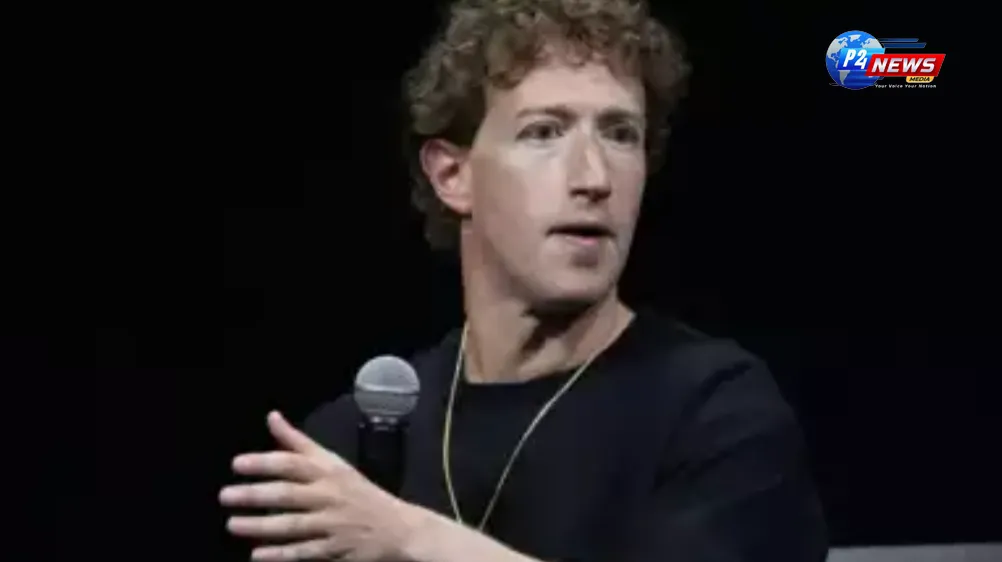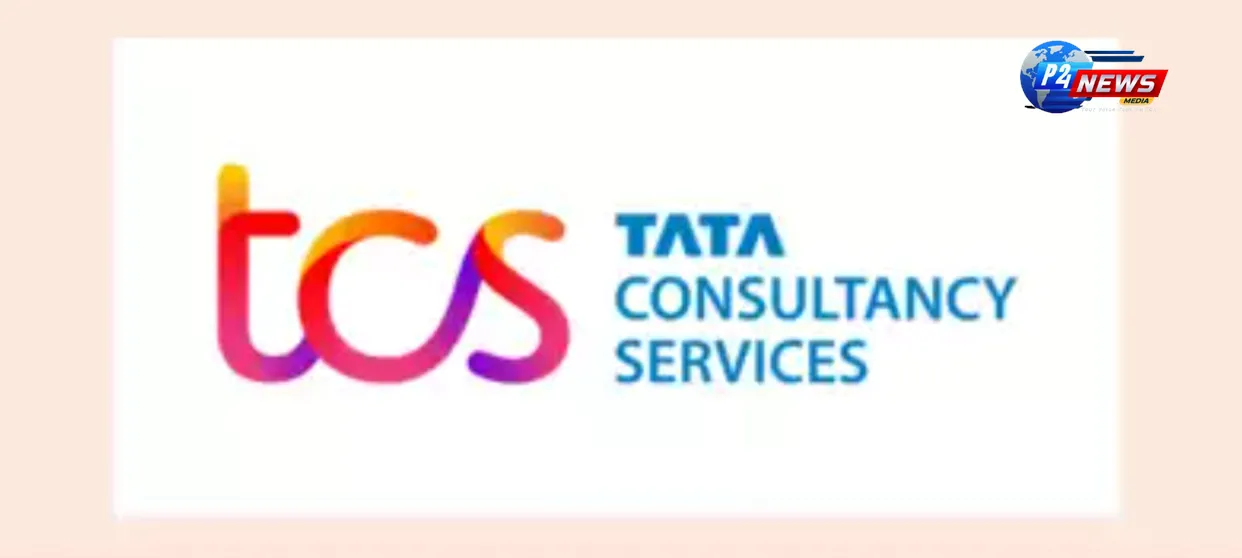Nishikant Dubey, chair of the parliamentary communications committee, calls for an apology from Meta regarding misinformation about India's election results. He criticizes Mark Zuckerberg's assertion of the incumbent government losing in 2024, stressing the importance of factual accuracy.
In a stirring response to remarks made by Meta’s CEO Mark Zuckerberg, Nishikant Dubey, who chairs the parliamentary standing committee on communications and information technology, has called for an official apology from the social media behemoth. Dubey's remarks were sparked by Zuckerberg's claim that the current government in India had lost the most recent general election. This assertion, made during a podcast appearance, has drawn sharp criticism from various quarters, with Dubey asserting that Zuckerberg is peddling misinformation that can tarnish India's reputation on the global stage.
Taking to social media platform X, Dubey expressed his concerns, stating that the committee intends to summon Meta to address the "incorrect information" propagated by Zuckerberg. He emphasized the importance of accurate information in a democratic country, asserting that misinformation can harm the image of the nation. Dubey underscored that the organization must issue an apology not only to the Indian Parliament but to the citizens as well for this oversight. Regarding the timeline for Meta's response, he indicated that his committee would be on an official visit to the Andaman and Nicobar Islands from January 20 and would gather opinions from committee members during that time. He mentioned that discussions would be held between January 20 and January 24, outlining a clear course of action for addressing the issue at hand.
This controversy escalated following comments made by the Union Minister for Information and Broadcasting, Ashwini Vaishnaw, who criticized Zuckerberg for providing a "factually incorrect" statement regarding the election outcomes in 2024. Vaishnaw highlighted that the statement in question suggested that the current government had lost support due to issues stemming from the Covid-19 pandemic, which he argues does not reflect reality. He expressed his disappointment at the spread of misinformation, especially considering the credibility that Zuckerberg holds as a leader in the tech industry. In a pointed message on X, he noted that the achievements of the Modi government—such as providing free food to 800 million people and administering 2.2 billion vaccine doses—speak volumes about the administration's effectiveness and public trust. These accomplishments, he argues, have contributed to the sustained support for the Prime Minister, resulting in a decisive victory in the latest elections.
During his appearance on the Joe Rogan podcast, Zuckerberg shared his observations about the global political climate, suggesting that many incumbents, including those in India, faced challenges leading to a loss of trust among voters. He attributed this phenomenon to various factors including inflation and the handling of the Covid-19 crisis, which he posited have affected governments worldwide, not just in the United States. However, the situation in India is more nuanced, and Dubey's critique of Zuckerberg’s comments reflects a broader concern about external interference in domestic politics and the narratives surrounding electoral outcomes.
In the 2024 elections, while the BJP did lose its majority, the party-led coalition secured a comfortable victory, thereby granting Prime Minister Narendra Modi his third consecutive term in office. This outcome further complicates Zuckerberg’s assertions and illustrates a deep-rooted public trust in the government's policies and actions. Dubey's call for accountability from Meta underscores the delicate balance between global discourse and national sovereignty, highlighting the need for responsible communication from influential leaders such as Zuckerberg.
With the scrutiny on Meta mounting, it will be interesting to observe how the company responds to these allegations and whether they will take steps to rectify any misinformation disseminated by their CEO. The implications of this situation extend beyond a mere apology; they touch upon the ongoing discourse about the role of social media in shaping public perception and the responsibilities of tech leaders in ensuring that their statements are grounded in fact.
















Comments 0